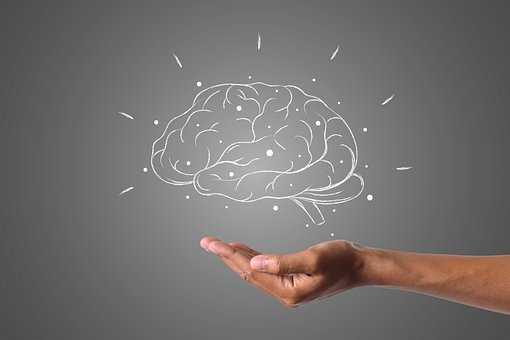Reason Is Subject To Passion
Humans, by nature, are rationally weak but passionately motivated. Emotions are always stronger and drive action, and reasoning is often used as an excuse for inaction.
Neuroscience is now revisiting emotions as drivers of action, reducing them to mere tools. The complexity of emotions, especially the mixed variety, runs deeper than just being catalysts for action.
84
658 reads
The idea is part of this collection:
Learn more about personaldevelopment with this collection
The importance of perseverance
How to embrace failure as a learning opportunity
The power of innovation and creativity
Related collections
Read & Learn
20x Faster
without
deepstash
with
deepstash
with
deepstash
Personalized microlearning
—
100+ Learning Journeys
—
Access to 200,000+ ideas
—
Access to the mobile app
—
Unlimited idea saving
—
—
Unlimited history
—
—
Unlimited listening to ideas
—
—
Downloading & offline access
—
—
Supercharge your mind with one idea per day
Enter your email and spend 1 minute every day to learn something new.
I agree to receive email updates
